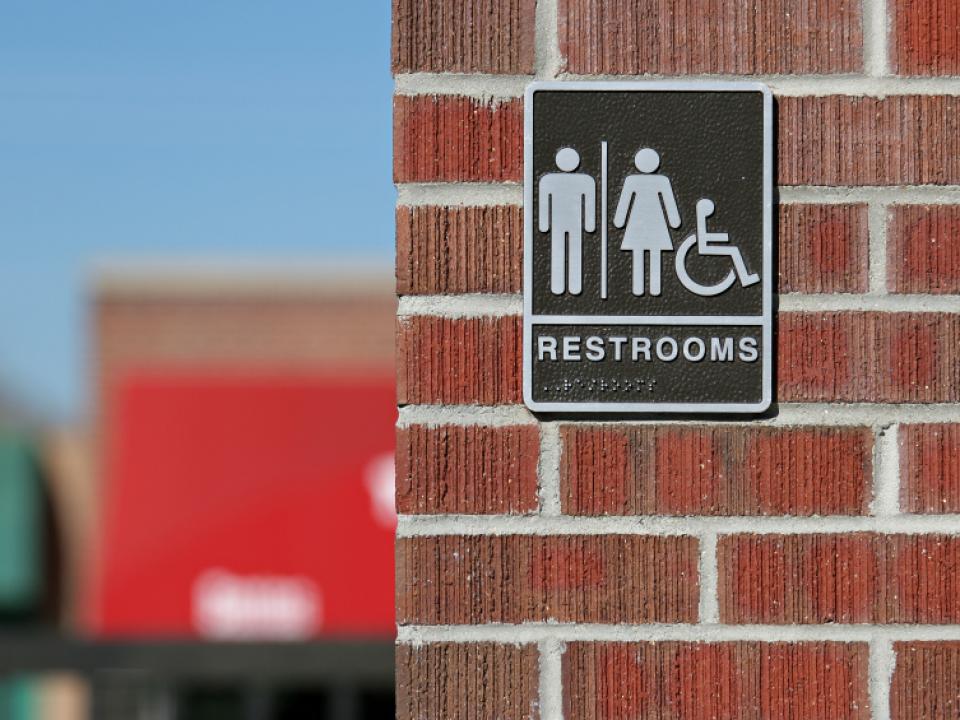Bowel & Bladder
Bladder and bowel problems can be all too familiar for people with MS. However, people do not have to cope alone, as these problems can almost always be managed effectively and help is available.
Until there are problems, bladder control is something we all tend to take for granted. In health, we have the ability to inhibit the bladder (‘hold on’) and to activate it at will. There are two main types of bladder disorder that can occur in MS. The most common is a failure with storage and the other is a failure with emptying. It is not known why some people get one and not the other, or why some people get a bit of both.
Bladder problems are not unusual, and may occur or worsen during a relapse, particularly if a person’s mobility is affected. Perhaps as many as three quarters of people with MS experience bladder symptoms. People with MS may also have similar symptoms as a result of a urinary tract infection, which might be due to bladder problems or be unrelated to MS.
Some people with MS will never experience bowel problems, but problems can occur. There are two main bowel problems that can occur with MS. Constipation is the more common one, but some people also experience bowel incontinence. The two can be linked, but people who have constipation will not necessarily go on to develop a problem with incontinence, or vice versa.
It can be difficult to approach the subject with your doctor or nurse. However, discussing the issue and getting the right support from health care professionals can help many people manage bowel problems more effectively.
